Bright Future Recovery does not offer mental health treatment services relating to schizophrenia or other major trauma.
This article provides general information and discussions about substance abuse and mental health related subjects. The information and other content provided in this blog, website or in any linked materials are not intended and should not be considered, or used as a substitute for, medical advice, diagnosis or treatment. This blog does not constitute the practice of any medical, nursing or other professional health care advice, diagnosis or treatment. We cannot diagnose conditions, provide second opinions or make specific treatment recommendations through this blog or website.
If you or any other person has a mental health concern, you should consult with your health care provider or seek other professional medical treatment immediately. Never disregard professional medical advice or delay in seeking it because of something that you have read on this blog, website or in any linked materials.
Trauma and Substance Abuse
- Cheree Ashley
- Medically Reviewed
Many people experience trauma during their lifetime. Experiencing trauma can increase the complexity of substance abuse issues, increasing the severity of substance abuse and making sobriety more difficult to attain and maintain. Those who have experienced trauma in their lifetime and are having problems with substance abuse can have a more difficult time finding treatment options that will appropriately address their needs.
What is Trauma?
Trauma occurs when a person is exposed to a single event or series of events that significantly threaten their well-being or emotional state. Trauma has adverse and lasting effects on individuals, remaining with them even after the occurrence of the trauma ends. The occurrence of trauma can have negative effects on a number of different aspects of a person’s life, including their mental health, physical, emotional, and social well-being. Substance abuse like alcohol and drug addiction often becomes a problem for those who experience trauma in their lifetime, for a multitude of different reasons.
Types of Trauma
There are many different kinds of trauma that can occur during the lifetime of an individual. These occurrences may take place at different times throughout one’s life, but all have a negative effect on the individual’s mental and physical well-being. Trauma that occurs early on in a person’s life, during their adolescence, are known as adverse childhood experiences, or ACEs. Types of possible trauma include but are not limited to:
- Physical, mental, or sexual abuse
- Physical or mental neglect
- Instances of poverty
- Death of a close family member
- Living with a family member with mental health issues
- Living with a family member with substance abuse issues
- Family member incarceration
- Racism, sexism, discrimination, and oppression
- Family separation including divorce
- Experiences of violence
Symptoms of Trauma
There are a multitude of different responses an individual may have to trauma. There are both initial and delayed responses to the occurrence of traumatic events. Every person experiences trauma differently, and their reactions, both immediate and delayed, can vary greatly, even among individuals who experience the same traumatic event. Initial responses to trauma can include:
- Exhaustion
- Dissociation
- A feeling of emotional numbness
- Confusion
- Anxiety
- Anger or agitation
- Sadness
Delayed reactions to trauma may include:
- Sleep disorders like insomnia
- Nightmares
- Fatigue
- Feelings of fear
- Anxiety
- Flashbacks
- Depression
- Substance abuse issues
What is Substance Abuse?
Substance abuse is the repeated misuse of a substance that is harmful to a person’s health. Substance abuse, when prolonged or severe, can develop into substance abuse disorder or addiction. Those who have substance abuse issues often find it difficult to stop the use of the substance being abused, and may require assistance from medical professionals at rehabilitation centers in order to stop. There are a number of different substances that can be abused. Instances of substance abuse include:
- The use of drugs that are illegal
- The use of a prescription that belongs to someone else
- The use of a prescription in a way other than what is prescribed
- Continuous excessive use of drugs or alcohol
Symptoms of Substance Abuse
There are many different symptoms of substance abuse. Like trauma, substance abuse affects everyone differently. Symptoms of substance abuse can be both mental and physical and may change over time. Symptoms of substance abuse also vary depending on the type of substance being used, and the method of use.
The mental symptoms of substance abuse include:
- Irritability or anger
- Depression
- Lethargy
- Changes in personality
- Priority changes
The physical symptoms of substance abuse can include:
- Poor physical appearance
- Issues with sleep including sleeping too much or insomnia
- Poor coordination
- Sudden weight changes
- Dilated or constricted pupils
- Glassy or bloodshot eyes
The Relationship Between Trauma and Substance Abuse
Many individuals who experience instances of trauma go on to initiate substance abuse. Traumatic events may lead a person to begin or increase their substance abuse. After a traumatic event, a person may turn to drugs or alcohol to help numb their feelings of fear or anxiety through self-medication. Over time, the body builds up a tolerance to the substance being used, necessitating an increase in the amount used or frequency of use, leading to dependence. Once dependent on drugs or alcohol, the body needs those substances to continue functioning properly. After dependence occurs, it is very difficult for one to stop using drugs or alcohol. This is where rehabilitation centers come in.
Rehabilitation Options for Trauma and Substance Abuse
Rehabilitation centers can be immensely helpful to those who are dealing with trauma and substance abuse issues. There are different types of rehabilitation available to those who are looking for treatment. Both inpatient and outpatient treatments are offered to clients dealing with trauma and substance abuse. Inpatient or residential treatment is typically recommended for those who have issues with trauma in addition to their substance abuse problems, due to the complexity of their cases.
Inpatient and Residential Treatment Options for Trauma and Substance Abuse
During residential or inpatient rehabilitation, clients live on the recovery facility campus while taking part in various therapies and other treatments. Clients will undergo a detoxification process, during which they rid their bodies of all toxins present due to their substance abuse. The detoxification process may be medically assisted. After detox, clients take part in both group and individual therapies where they are able to address both their substance abuse and the instances of trauma that have happened during their lives. These therapies help clients process through their trauma, and develop positive coping mechanisms. Clients are also taught how to resist cravings, and avoid relapses down the line. Clients attending inpatient rehab treatment are also encouraged to take part in support groups like Alcoholics Anonymous, which they can continue attending after treatment, and may be prescribed medications for co-occurring disorders that may have arisen as a result of their trauma.
Finding Trauma Recovery Centers Near Me
Finding a recovery center near you that is able to appropriately provide care for those who have experienced both trauma and substance abuse issues can be complicated. Individuals may have to be willing to travel in order to receive treatment. It is important to find a treatment facility that is willing and able to provide individualized care, as all trauma is unique.
Covering the Cost of Trauma and Substance Abuse Treatment
There are a number of options when it comes to covering the cost of your trauma and substance abuse treatment. Both clients with and without insurance can find funding for their treatment stay through a variety of means.
With Insurance
Treatment at a rehabilitation center is commonly covered either fully or in part under the behavioral health section of your health insurance plan. Contacting your insurance provider directly is the best way to determine what treatment center services are covered under your specific plan.
Final Thoughts about Trauma and Substance Abuse
Instances of trauma both early on and later in life can result in unhealthy coping mechanisms, such as substance abuse. Dealing with trauma and substance abuse issues simultaneously can be complex. Seeking treatment for your trauma and substance abuse issues can help get you started on the road to recovery.

When it comes to addiction treatment and recovery, Bright Future Recovery’s team delivers beyond expectation.







